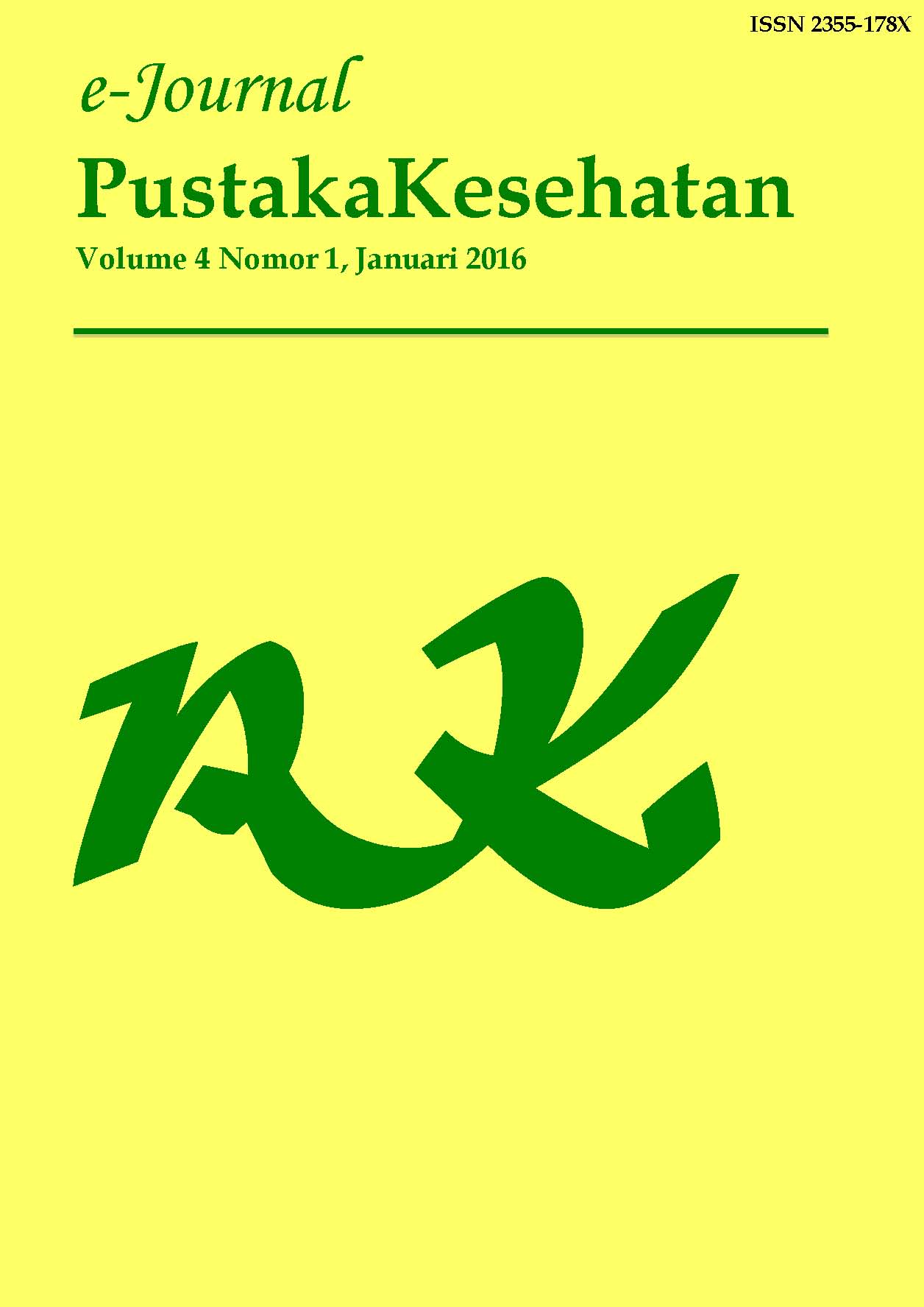Penentuan Adulterasi Daging Babi pada Sampel Burger Sapi Menggunakan Metode NIR dan Kemometrik (Determination of Pork Adulteration in Beef Burger Samples Using NIR and Chemometrics Method)
Abstract
Burger is one of the favorite processed meat products. The adulteration of pork in halal-labeled beef burger becoming problem for the Muslim community. Therefore, it is necessary to develop some rapid and reliable methods for detection of pork in beef burger samples. NIR method combined with chemometrics were choosen because those methods are rapid, easy and reliable. The purpose of this study was to determine of pork adulteration in beef burger samples using NIR method combined with multivariate statistical methods such as Linear Discriminant Analysis (LDA), Soft Independent of Class Analogies (SIMCA), and Support Vector Machines (SVM). The NIR method and the best classification models of chemometric were applied in the beef burger samples. The result of NIR and Chemometrics is compared to the pork strip test. The results shows that the NIR-chemometrics method in good agreement with pork strip test toward pork adulteration in the beef burger samples tested.
Keywords: pork, beef burger, NIR, chemometrics, pork test
Downloads
Download data is not yet available.
Downloads
Published
2016-01-04
Issue
Section
Articles
License
e-Journal Pustaka Kesehatan has CC-BY-SA or an equivalent license as the optimal license for the publication, distribution, use, and reuse of scholarly work. Authors who publish with this journal retain copyright and grant the journal right of first publication with the work simultaneously licensed under a Creative Commons Attribution-ShareAlike 4.0 International License that allows others to share the work with an acknowledgment of the work's authorship and initial publication in this journal.



